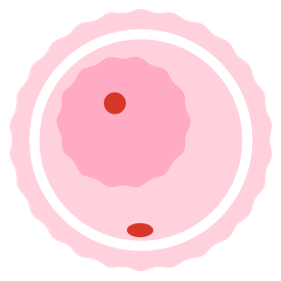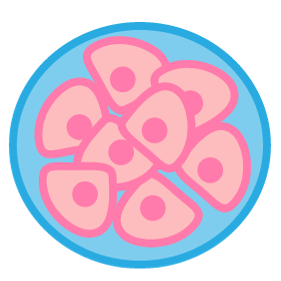Oocyte Donation
Home | Services | Oocyte Donation
What is Oocyte Donation ?
Oocyte donation, sometimes referred to as egg donation, is a significant breakthrough in assisted reproductive technology, providing hope to individuals and couples facing infertility difficulties. To help another individual or couple fulfill their desire of parenting, a donor kindly donates healthy eggs for this operation.
Fundamentally, oocyte donation is a multi-step procedure that is carefully planned to match the recipient’s and donor’s menstrual cycles. To stimulate her ovaries and produce numerous eggs in a single cycle, the donor receives hormone therapy. After being cautiously removed, usually by minimally invasive surgery, these eggs are subsequently fertilized in a lab environment using sperm.
After fertilization, the resultant embryos are raised and their developmental status is tracked. The ultimate aim is to conceive a healthy child by transferring one or more of these viable embryos into the recipient’s uterus.
What are the benefits of Oocyte Donation ?
Increased Pregnancy Success Rates: Oocyte donation significantly boosts the chances of successful conception and pregnancy, particularly for women with diminished ovarian reserve, advanced maternal age, or other fertility issues affecting egg quality.
Elevated Quality of Donor Eggs: Donor eggs typically come from younger, healthy individuals, potentially improving the quality of embryos produced and enhancing the likelihood of successful implantation and pregnancy.
Expanded Options for Parenthood: For individuals or couples facing infertility challenges due to poor egg quality or absence of viable eggs, oocyte donation opens up an opportunity to achieve pregnancy and experience parenthood.
Personalized Selection: Recipients often have the ability to select a donor based on specific preferences and criteria, including physical characteristics, education, health history, and other factors, providing a sense of control and personalization in the process.
Psychological and Emotional Benefits: Oocyte donation can offer emotional relief and reduce stress associated with infertility, as it provides a viable solution for achieving pregnancy and starting a family.
Future Family Planning Opportunities: Excess embryos resulting from the procedure can be cryopreserved for future use, allowing for multiple attempts at pregnancy without the need for a new donation cycle.
Contribution to Scientific Research: Unused embryos from oocyte donation procedures can be donated for scientific research purposes, contributing to advancements in reproductive medicine and embryology.
Regulatory and Medical Oversight: In many countries, oocyte donation is subject to stringent medical and ethical guidelines, ensuring the safety and well-being of both donors and recipients throughout the process.


Frequently Asked Questions
Who can benefit from oocyte donation?
Oocyte donation can benefit women who have diminished ovarian reserve, premature ovarian failure, genetic conditions affecting egg quality, or advanced maternal age. Additionally, couples dealing with infertility due to poor egg quality or recurrent IVF failures may also benefit from this procedure.
What does the oocyte donation process entail?
The process involves a series of steps including donor and recipient screening, synchronization of menstrual cycles, ovarian stimulation of the donor, egg retrieval, fertilization of the eggs in a lab, and embryo transfer into the recipient’s uterus.
How is a donor chosen, and what information is available about them?
Donors are typically young, healthy women who undergo extensive screening for medical, genetic, and psychological factors. Recipients may have access to information such as the donor’s physical characteristics, educational background, health history, and sometimes even photos or letters from the donor.
Are there legal and ethical considerations in oocyte donation?
Legal and ethical considerations vary by country and region. Some jurisdictions have laws regulating compensation for donors, rights to anonymity, and the number of embryos that can be transferred. Ethical concerns might include issues related to informed consent, the handling of genetic material, and the well-being of all parties involved.
What are the success rates and potential risks associated with oocyte donation?
Success rates can vary based on various factors, including the age and health of the donor, as well as the recipient’s health. Generally, success rates with oocyte donation tend to be higher than traditional IVF, particularly for older women. Risks may include side effects from medications used during the process, multiple pregnancies, and emotional challenges related to the donor-recipient relationship and the nature of the procedure.
